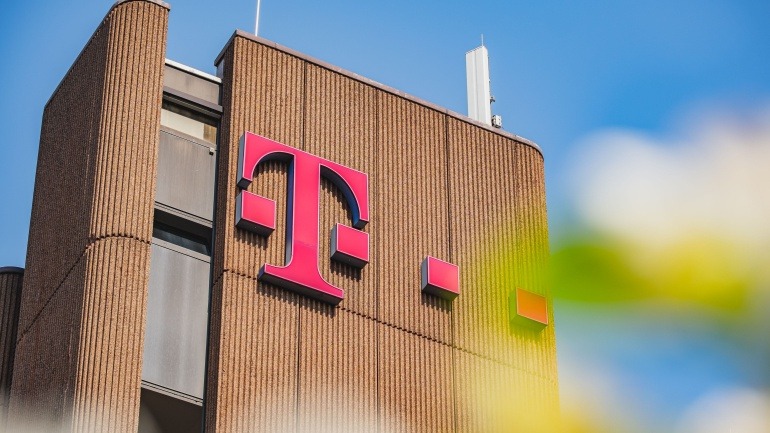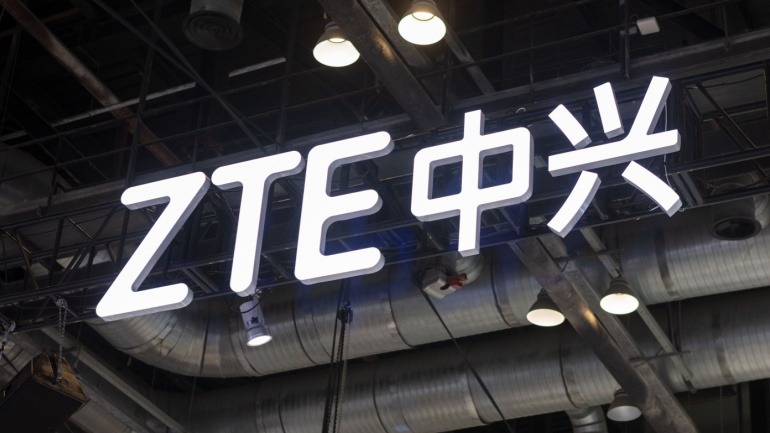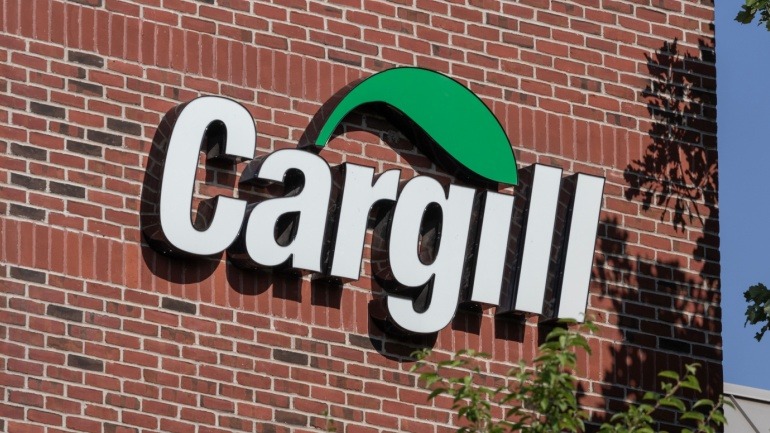T-Mobile has taken a significant step forward in U.S. telecommunications with the nationwide deployment of Low Latency, Low Loss, Scalable Throughput (L4S) on its 5G Advanced network. As the first major wireless carrier to extensively implement this technology, T-Mobile delivers low latency and minimal packet loss, ensuring consistent network responsiveness. This innovation is key for applications like cloud gaming, extended reality (XR), video calling, and remote driving.
Built on its 5G Standalone core, the network’s unified structure supports features such as network slicing, allowing increased programmability. This enables services to dynamically adjust based on real-time network data like congestion.
In collaboration with tech firms such as Vay, Qualcomm, Ericsson, and Nvidia, T-Mobile has conducted trials showcasing potential use cases. For instance, in remote driving, Vay’s automotive-grade technology benefited from predictable, consistent latency, making drivers feel as if they were physically present in the vehicle. Qualcomm and Ericsson worked on XR trials, where smart glasses maintained stable visuals, reducing motion sickness.
Additionally, Nvidia’s GeForce Now service tapped into L4S to enhance cloud gaming, providing smooth and low-lag gameplay even during network congestion. Voice and video calls, supported by applications like FaceTime, experienced fewer stutters and improved audio/video quality.
“L4S will serve as a foundational input for our network slicing framework — enabling smarter decisions and more adaptive performance tiers for XR, gaming, video, and other latency-sensitive use cases,” T-Mobile US stated. They plan to further expand these capabilities into enterprise offerings, offering responsive experiences across varied industries.
Last year, T-Mobile enhanced its 5G network by activating the 2.5 GHz spectrum, bought in Auction 108, which expanded its ‘Ultra Capacity’ coverage. T-Mobile invested $304 million in this Federal Communications Commission auction, securing over 7,000 licenses and covering more than 80 million people.







